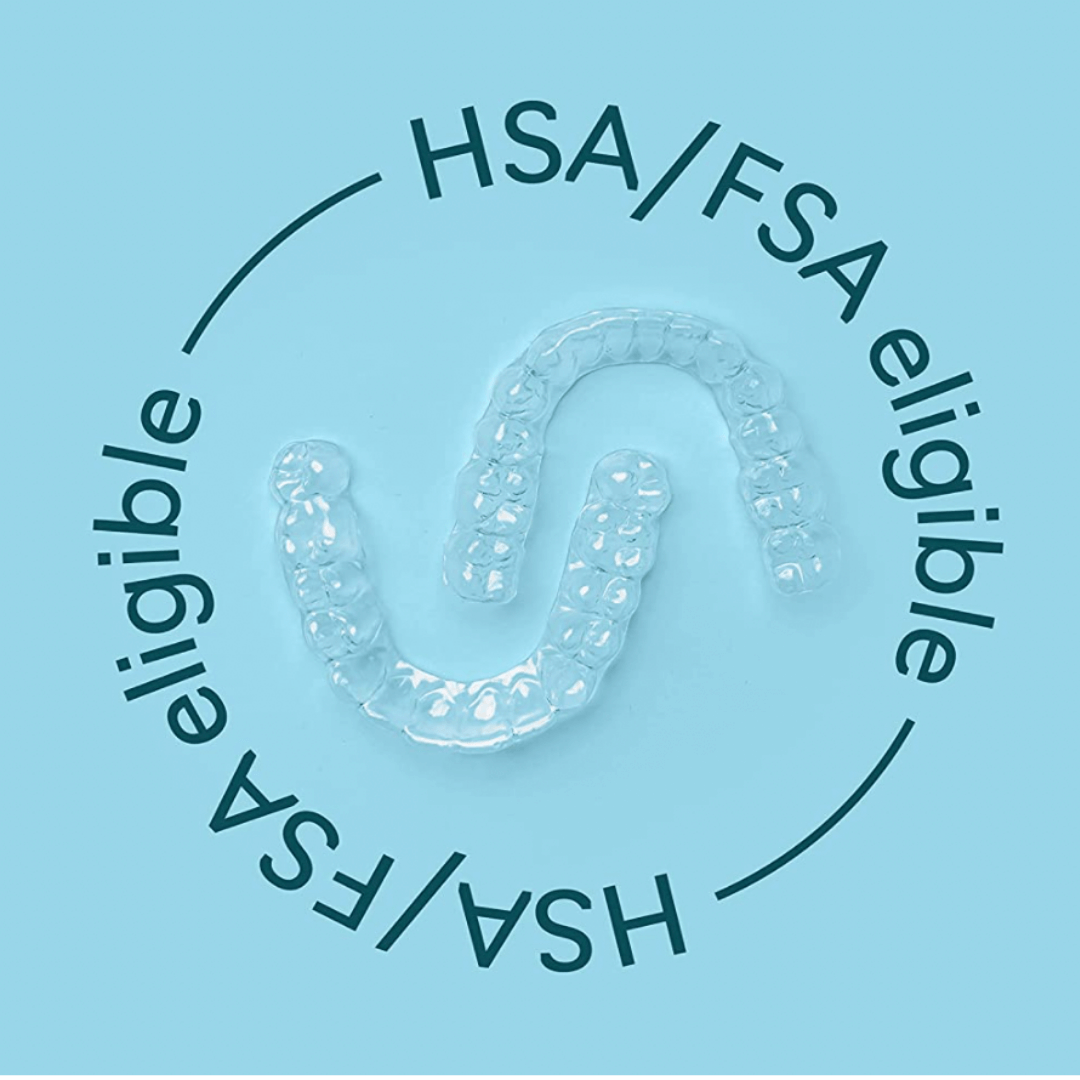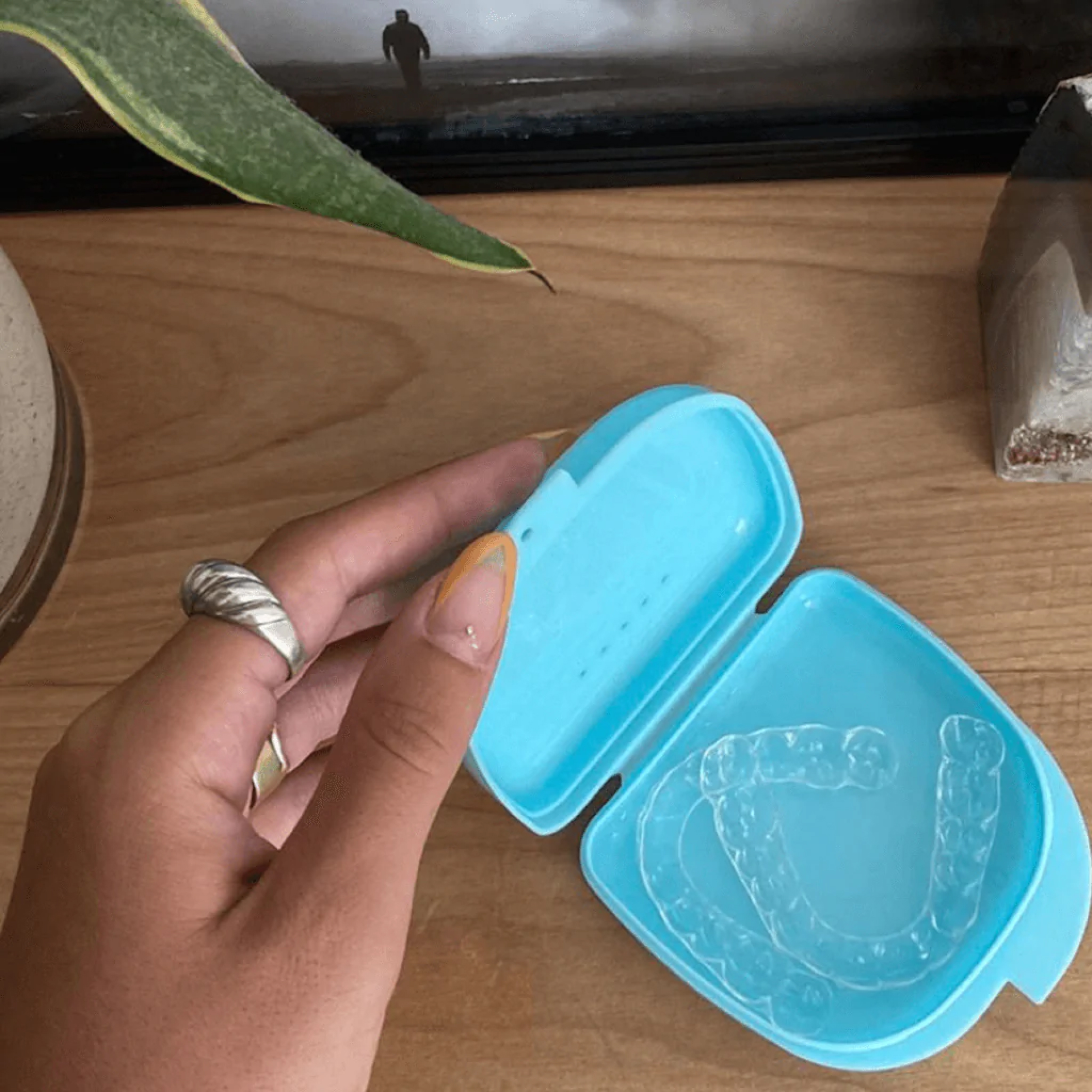Get a Professional Custom Dental Night Guard for Optimal Comfort and Protection
A dental night guard is an essential device for individuals suffering from teeth grinding (bruxism) or clenching during sleep. In this article, we will explore the importance of dental night guards, the different types available, the process of getting a custom-made guard, and how to maintain it for optimal comfort and protection.
Understanding the Importance of Dental Night Guards
Teeth grinding and clenching, also known as bruxism, is a condition that affects millions of people worldwide. It can occur during the day or at night, but it often goes unnoticed when it occurs during sleep. Having a dental night guard is crucial for individuals suffering from bruxism, as it can alleviate pain, protect teeth from damage, and improve the overall quality of sleep.
When left untreated, bruxism can cause a variety of health issues, including headaches, earaches, and facial pain. In severe cases, it can even lead to tooth loss, which can be costly and time-consuming to replace. Dental night guards are an effective way to prevent these problems and promote overall oral health.
Causes of Teeth Grinding and Clenching
There are several factors that contribute to teeth grinding and clenching. Stress and anxiety are common triggers, as they can cause tension in the jaw muscles. Sleeping disorders, such as sleep apnea, can also increase the likelihood of bruxism. In addition, misaligned or missing teeth can cause the jaw to shift, leading to grinding and clenching. In some cases, alcohol or substance use may also increase the likelihood of grinding during sleep.
If you suspect that you are grinding your teeth at night, it is important to speak with your dentist. They can help identify the cause of your bruxism and recommend the best course of treatment.
Consequences of Untreated Bruxism
Ignoring the signs of teeth grinding and clenching can lead to various oral health issues. Some of the potential consequences of untreated bruxism include tooth wear, broken or cracked teeth, tooth sensitivity, gum recession, and the development of temporomandibular joint disorder (TMD). TMD is a painful condition that affects the jaw joint and can cause difficulty opening and closing the mouth.
A dental night guard can help minimize these risks by providing a protective barrier between the upper and lower teeth during sleep. This can help reduce the amount of pressure placed on the teeth and jaw, preventing damage and promoting overall oral health.
Benefits of Using a Dental Night Guard
There are numerous advantages to using a dental night guard. One of the most significant benefits is pain alleviation. By reducing the amount of pressure placed on the teeth and jaw, a dental night guard can help alleviate jaw pain and strain. This can lead to improved overall comfort and quality of life.
In addition to pain alleviation, dental night guards can also protect the teeth and gums from damage. By providing a protective barrier, night guards can help prevent tooth wear, broken or cracked teeth, and gum recession. This can save you time and money in the long run, as these issues can be costly and time-consuming to address.
Finally, dental night guards can help improve overall sleep quality. They can help alleviate snoring and sleep apnea, which can lead to better sleep and improved overall health. If you are struggling with sleep issues, a dental night guard may be a simple and effective solution.
Types of Dental Night Guards
Bruxism, or teeth grinding, is a common condition that affects many individuals. It can lead to a variety of dental problems, including tooth sensitivity, jaw pain, and headaches. Fortunately, dental night guards offer a simple and effective solution for preventing damage caused by teeth grinding. Choosing the right dental night guard depends on factors such as comfort, durability, and budget. There are several types of night guards available, with varying degrees of effectiveness and customization.
Over-the-Counter Night Guards
OTC, or over-the-counter night guards, can be purchased at most drugstores or online shops. They are relatively inexpensive and easy to obtain, as they do not require a dental prescription. However, these guards are often less comfortable and less effective than custom-made night guards, as they may not fit the individual's mouth correctly and can fall out during sleep. Additionally, OTC night guards may not be suitable for individuals with severe bruxism, as they may not provide sufficient protection against teeth grinding.
Custom-Made Night Guards
Custom-made dental night guards are created to fit the user's mouth precisely, ensuring maximum comfort, protection, and durability. These guards are made using dental impressions taken by a dental professional and then crafted by a dental lab. Although more expensive than OTC night guards, custom-made guards provide unparalleled protection and are a worthwhile investment for those suffering from bruxism. In addition to preventing damage caused by teeth grinding, custom-made night guards can also alleviate symptoms such as jaw pain and headaches.
Soft vs. Hard Night Guards
Both soft and hard night guards are available in custom-made and OTC versions. Soft night guards are typically more comfortable for users, as they are made from a pliable material that conforms to the shape of the teeth. However, they may not be as durable as hard night guards and may need to be replaced more frequently. Hard night guards, on the other hand, offer greater durability and are better suited for addressing severe teeth grinding issues. They are made from a harder material that can withstand the pressure of teeth grinding. Many individuals opt for a combination of both, known as a dual-laminate or hybrid night guard, which provides the comfort of a soft guard along with the protection and durability of a hard guard.
Choosing the Right Night Guard for You
To select the most suitable dental night guard, consult with a dental professional who can evaluate your symptoms and help determine the best option for your specific needs. Consider factors such as comfort, budget, and the severity of your bruxism when making your decision. It is important to choose a night guard that fits properly and provides sufficient protection against teeth grinding. With the right night guard, you can prevent damage to your teeth and enjoy a more comfortable, restful sleep.
Remember, taking care of your dental health is essential for overall well-being. In addition to wearing a night guard, it is important to maintain good oral hygiene habits, such as brushing twice a day and flossing daily. Regular dental check-ups can also help detect any dental issues early on, preventing more serious problems from developing. By taking care of your teeth and wearing a night guard, you can protect your smile and enjoy a healthier, happier life.
The Process of Getting a Custom Dental Night Guard
Obtaining a custom-made dental night guard involves several steps, starting with a consultation with your dentist.
Consultation with Your Dentist
Your dentist will examine your teeth, gums, and jaw and listen to your concerns to determine if a night guard is the best solution for your bruxism. They may also recommend alternative treatments or additional interventions if needed.
Taking Dental Impressions
If a custom dental night guard is the chosen course of action, your dentist will take impressions of your teeth to create a mold. This mold is then sent to a dental lab where a technician will create your personalized night guard.
Fitting and Adjusting Your Night Guard
Once your custom dental night guard is ready, your dentist will check the fit and make any necessary adjustments to ensure optimal comfort and effectiveness. It is crucial to follow your dentist's instructions on proper use and care to extend the lifespan of your guard and maximize its benefits.
Caring for Your Custom Dental Night Guard
Proper maintenance of your night guard is essential to keep it in good condition and prevent the build-up of bacteria.
Cleaning and Maintenance Tips
Regularly clean your dental night guard using a toothbrush and non-abrasive toothpaste or a specialized cleaning solution. Rinse thoroughly with water, and allow the guard to air dry before storing it in a clean, dry case. Avoid using harsh chemicals or heat, as these can damage the material and compromise its effectiveness.
When to Replace Your Night Guard
Depending on the material and the severity of your bruxism, dental night guards may need to be replaced every six months to two years. Monitor your night guard for signs of wear or damage, and consult with your dentist if you experience any discomfort or changes in your oral health.
Troubleshooting Common Issues
If your dental night guard causes discomfort, falls out during sleep, or creates unusual pressure points, consult with your dentist for adjustments or potential solutions.
In conclusion, a professional custom dental night guard is an essential tool for providing optimal comfort and protection against the potentially damaging effects of teeth grinding and clenching. Consult with a dental professional to determine the best course of action and receive a personalized night guard tailored to your specific needs.




